
By: David Ma
EL-P’s career has been full of triumphs. From Company Flow’s paradigm shifting Funcrusher Plus, to the label successes of Def Jux, EL-P has been in the thick of it all. His production style is completely original, blending thrashy sounds with pulsing urgency into smooth arrangements. Compound that with wide-ranging remixes and the overseeing of other great projects, and determination emerges as EL-P’s strong suite.
“There are two types of mornings in this life I can surmise, I wake up early in the first, to help supply the second type” so says EL-P, on his latest work, I’ll Sleep When You’re Dead. And like his past undertakings, his latest reflects an ear for sound layering and detailed songwriting. After all, he was able to garner the support and participation of other genre-bending artists like Cat Power, Cedric Bixler-Zavala of The Mars Volta, Trent Reznor and James McNew of Yo La Tengo-all of which are intelligent artists in their own right. It wouldn’t be a stretch to assume EL-P is at the helm of his own creativity as of late, but his complete career might prove otherwise. Who knows, I’ll Sleep When You’re Dead might be his weakest effort when looking back at his discography years from now. But as it currently stands, I’ll Sleep When You’re Dead might be his best to date.
At a juncture where most rappers/producers/label execs never reach, I talked with EL-P about his career, the new album, RJD2′s departure and other important ongoings at Def Jux headquarters.
HHS: What’s changed since Fantastic Damage?
El-P: The new one is just a different time, different era, and different person. There’s a difference in the approach, the production and songwriting. But it’s obviously the same dude. I think it’s more of a snapshot in time that shows the development of someone’s mind and experiences five years later. I hope that growth is illustrated in this record compared to Fan Damage.
Your production seems like it has been a logical progression since Funcrusher, to Cannibal Ox, to Fantastic Damage, to this new one. Is that fair to say?
I want to leave it up to the listener. But I do also think that the approach to the production on I’ll Sleep When You’re Dead is a lot better.
It’s been a few years since you’ve done a solo project. Which song on the new one are you most proud of?
TPC [Tasmanian Pain Coaster] took pretty much the length of the entire album. I was tinkering with that one for about a year and a half to two years alone. Poisonville has a lot of meaning for me too.
So what happened that inspired those songs you’ve mentioned, or in the last few years that have directly affected I’ll Sleep When You’re Dead?
I don’t feel like people have to go and search for inspiration anymore. I think that if you turn the TV on or watch the news, or read the newspaper or walk outside or have a conversation with someone like I do, you can find inspiration easily. It doesn’t necessarily have to come from some sort of huge internal struggle.
Has this outlook of yours changed since you first decided to make music?
Definitely. When I first started making music, life in general was almost like a secondary character to me. I mean, with Company Flow, my life was rap music. Everything was hip-hop. It was all about coming up with the best thing possible, the cleverest rhyme possible. That came out of the way I came up. And now, I think I have bigger fish to fry. I’m older and more spiritually and philosophically trying to trudge through reality. Just like everyone else. And my music now is just a snapshot of one man’s perspective of trying to walk the muck of these somewhat strange times. I don’t like making records that preach to anyone because I don’t know anything. But I have moments that are genuine and I wanted to convey that. That way, in ten years, you could throw this shit on and gain one man’s perspective on what its like to be alive right now.
And most of this, I’m assuming, is reflected through your writing is it not?
Mostly lyrics. But I try to have the mood of the beat capture emotions as well.
Let’s talk about your production, which I love by the way. What equipment did you use to make the majority of the new album, and what do you try to get out of your production? Is it anything specific?
The main workhorse is still my EPS16. That’s what I mainly use. But there’s really a lot to name. I’m a tech-head, you know? I spend most of my money investing and buying this hodgepodge of bullshit equipment [laughs]. But I mean, I have modern synths, Moogs, all kinds of stuff. Having a lot of equipment allows me to use certain pieces here and there, and not rely on one beat machine or keyboard or something.
So is your EPS16 the most important piece of equipment you have?
I’ll always use my EPS, but I think the most important thing in my production isn’t one piece of equipment-it’s my approach. I try to have a lot of stuff so that I don’t overuse one thing and have that attached to my sound. You know how you can tell when you buy someone’s album that you liked before, and their new shit uses the same keyboard over and over and over? It’s like, oh okay; this motherfucker just bought a Triton! I mean, I have a Triton and all, but I don’t want my records to sound like I only used a Triton. I have a lot of shit man. That’s my love right there.
Your production has always been real original. Is your sound purposeful or did it sort of develop?
It’s developed naturally through the years. That’s why when I’m not working on my own album, I’m doing different things like jazz projects and film scores and shit. I take little bits of those experiences and I take those little things and try to apply them into the way I produce. That’s just how I do it. I want to develop. I’m a fiend for development. I want to see what else I can do, what I can add to my shit. I’ve never been the type of person who thinks there’s only one correct way to do something and just stick strictly to that. I know a lot of people who have that mindset. Like they can look back at one particular year and say that’s when they found their sound or style. That’s cool. But for me, I don’t think on those ways. For me, my era of development started early and I want to grow constantly.
What did you listen to during this development phase-what has been big influences on you?
My influences are early Rap, Blondie, Planet Rock, Herbie Hancock, Mantronix, BDP, Run DMC and David Bowie. I mean, I’m just open to everything.
So now, you just decide on a certain sound and do it?
Well, with I’ll Sleep When You’re Dead, I came into it with a certain direction in my head. I’m that way with most projects now, but I’m never dead set on it. I mean, it’d be foolish of me to say I’ve found my style. With I’ll Sleep When You’re Dead, I took what I began with Fantastic Damage and arranged it better. I think Fan Damage was the beginning of an idea of mine, but I don’t think my technical abilities were there yet. With this record, my production came into focus a lot better. I mean, I would like to think my style twenty years from now would be way better than it is now.
Another element of this new album is all the guest spots. It’s not the usual cast of Def Jux characters. How was working with the eclectic musicians on the new album?
It was amazing. I feel very honored. I brought these people into my record because I’m genuinely a fan of theirs and because I have relationships with them. I wasn’t plotting this record thinking; Who I could get that was famous in a different world? If you hear the record, its pretty obvious I’m not making a Rap/Rock crossover record. It really is just an extension of my sampling really. With Trent [Reznor] I had just did the remix for NIN and we had just become friends. With everyone on that record, I’ve had relationships with for the last couple years. And for me, it just made sense as a producer. I mean, as a hip-hop producer specifically, I challenge any fan to study their favorite hip-hop song and not find a rock record that was sampled. I have thousands and thousands of records, and what we do is combine and throw in different genres of music. That’s part of its beauty! I don’t see it being much different. I mean, this record isn’t like, “Here it is, Rap and Rock, finally!!!”
Speaking of collaborations-what happened to all that internet chatter about you teaming up with Dan The Automator for a full-length instrumental album?
Hahaha! Every time we see each other, we ask each other the same question. I mean, the fact is, both of us are pretty damn busy. But we still keep in touch and we’re still friends. I still see him once every few months. I wouldn’t be surprised if that project did come out one of these days. It’s definitely not off the table.
Let’s shift gears and talk about your business side. Touch on RJD2′s career moves. Why is his new album on XL Records?
RJ made a record he felt would be better suited on a label that has experience promoting and supporting that type of music better. I can’t argue with that shit. RJ’s a fucking brilliant artist and he’s taking big risks. Some people understand what he’s trying to do and some don’t. I mean, he’s the type of artist I work with. I work with people who are brave. I work with people who are not afraid to flip it and not look back, knowing full well they might fall flat on their face because they have artistic integrity.
What was your reaction when you found out it wouldn’t be on Def Jux?
I was really disappointed when he told me. But when I heard the album, I understood exactly what he was doing. I understood his concerns. He has my full support and there isn’t a problem between us at all.
In 2001 Def Jux released Cannibal Ox’s The Cold Vein, in 2002, you guys dropped Aesop Rock’s Labor Days, RJD2′s Deadringer, and your own Fantastic Damage. What’s up next for Def Jux?
Well right now, my record!!! I worked real hard on it man. But down the line, Aesop Rock’s new record, None Shall Pass, which I think is his best record to date. Cage is in the studio working on his record. Everyone’s sort of just preparing. Def Jux is about to have a very serious year. We’re just all excited.
You get the final word about Def Jux and I’ll Sleep When You’re Dead. What do you want to tell the readers?
Tell you girlfriend or boyfriend to leave you alone for an hour and sit down with some headphones.
Comments
No Comments
Leave a reply
- Raekwon Sets A Release Date For “F.I.L.A.” Album
- BUSH: A Snoop Odyssey Produced By Pharrell Williams [Preview]
- Drake – “If You’re Reading This It’s Too Late” Surprise Album on iTunes Now
- Action Bronson “Mr. Wonderful” Cover Art and Tracklist
- Juicy J “Blue Dream & Lean 2″ Mixtape Cover Art & Release Date Revealed
- MF Grimm “MF Love Songs” Cover Art + Tracklist
- Lord Hakim – “Brass Knucklez” (feat. Vast Aire & Phizz Ed)
- IAMSU! – “Hella Good” (feat. Tyga)
- DJ Kay Slay – “I Declare War” (feat. Styles P, Sheek Louch, Vado, Raekwon, & Rell)
- Maverick Sabre – “We Don’t Wanna Be” (feat. Joey Bada$$)
- Cannibal Ox – “Blade: Art of Ox” (feat. Artifacts & U-God; prod. Black Milk)
- Asher Roth – “Blow Your Head” (prod. Nottz)
- It's Time To Say Goodbye...
Commented on by Yungplex - It's Time To Say Goodbye...
Commented on by geedubbleyoo - Fat Trel - "In My Bag" (feat. Wale)
Commented on by Katae - Kanye West's "Runaway": What Does It All Mean?
Commented on by fidgar - Sole Vs. El-P: Part One - Sole
Commented on by Reno Yakavetta - It's Time To Say Goodbye...
Commented on by Atom
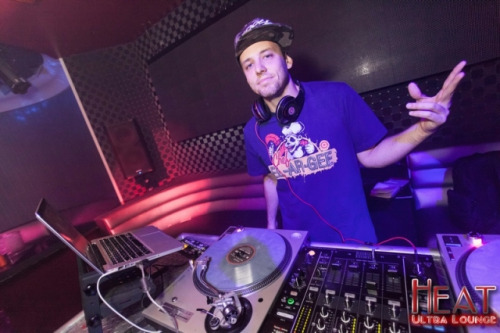

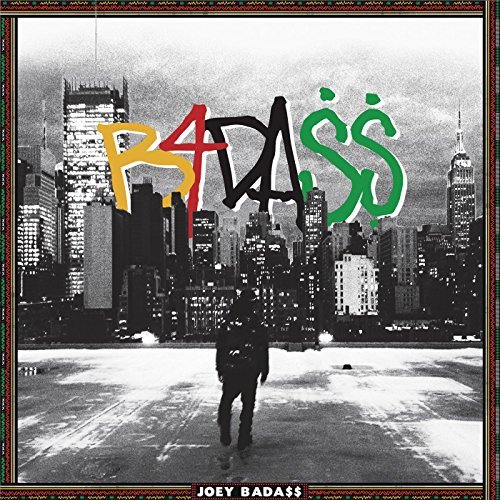
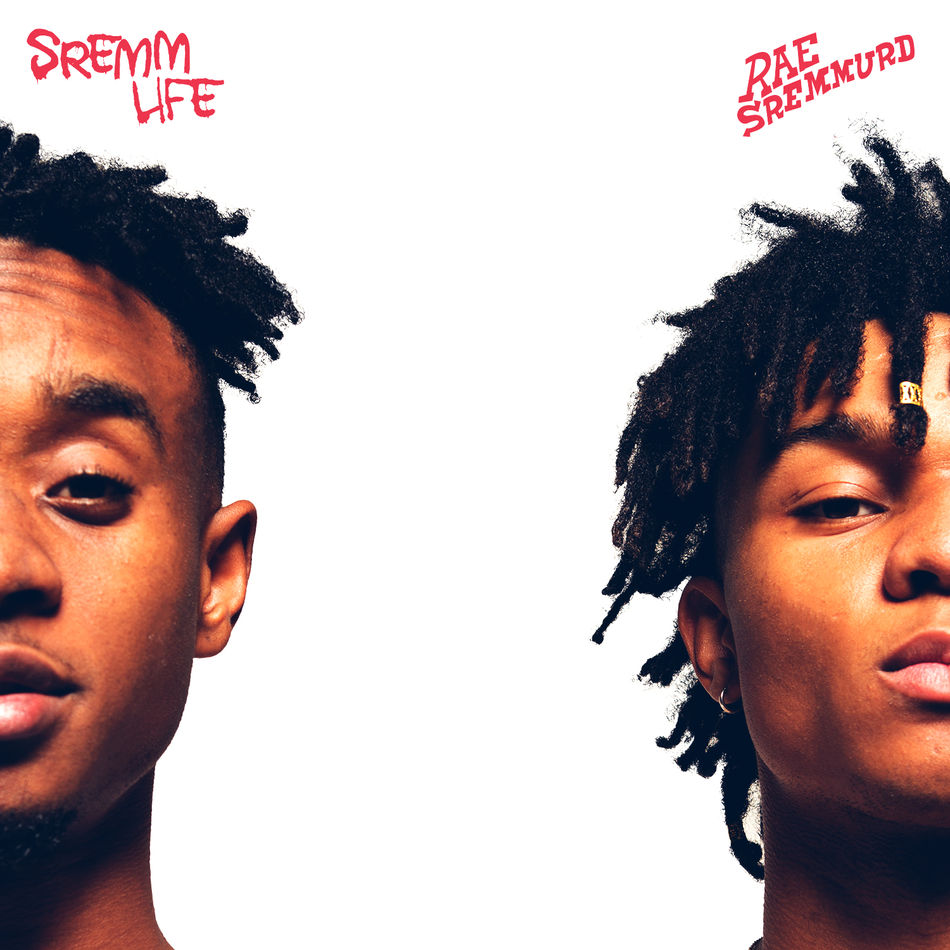
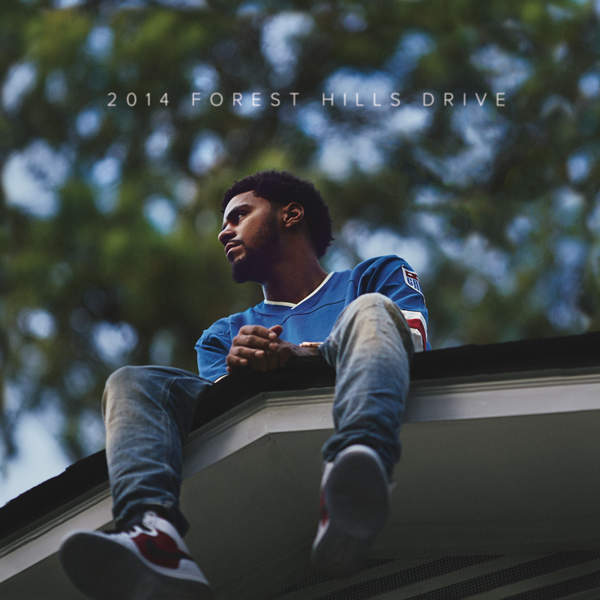







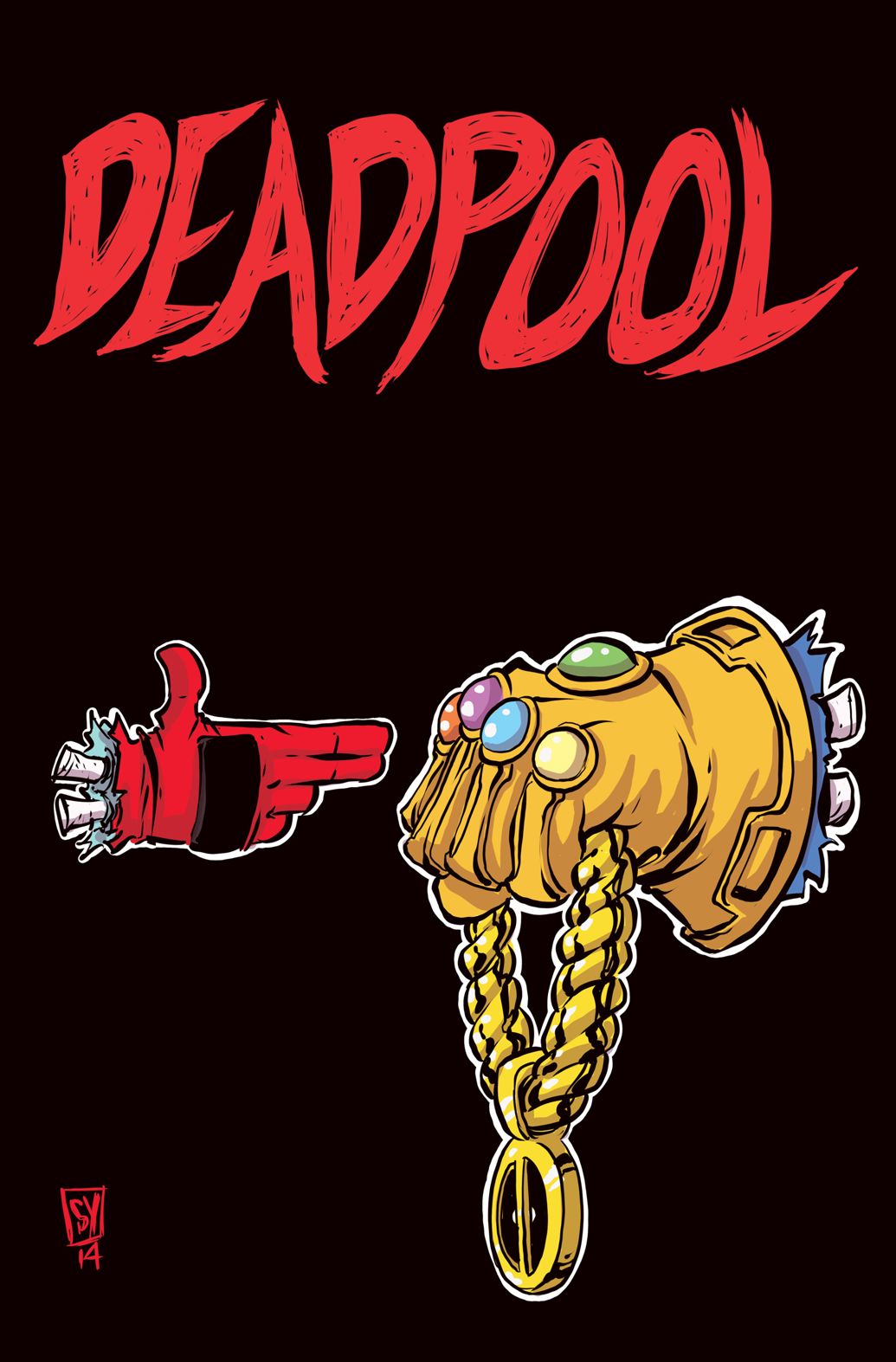

 Mixtape D.L.
Mixtape D.L.
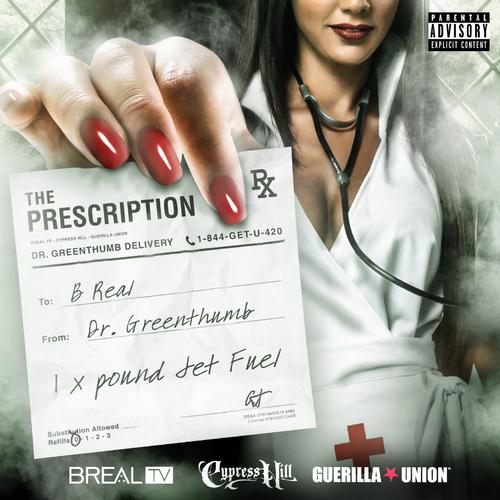

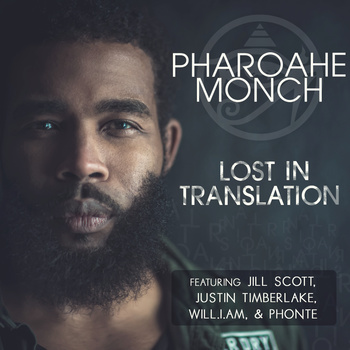

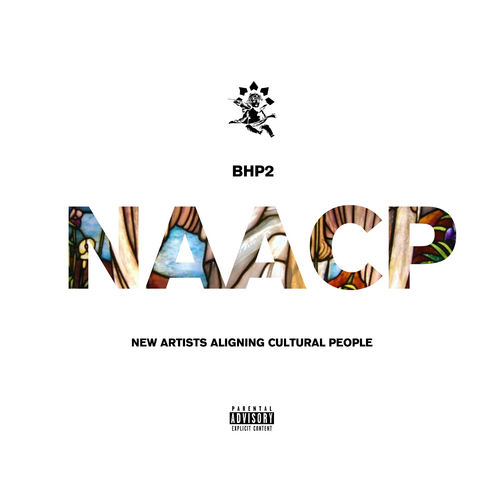
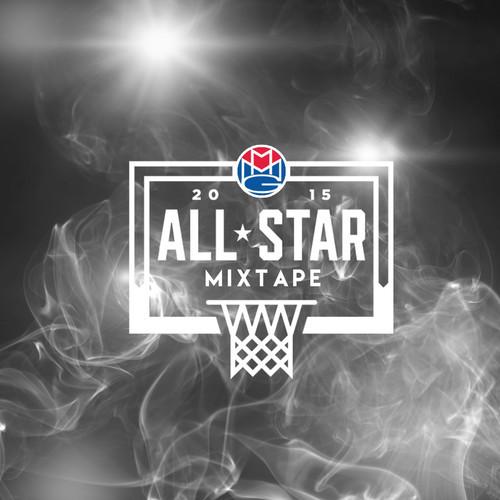
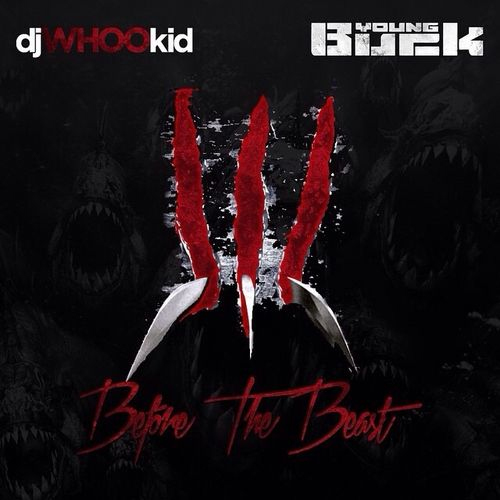
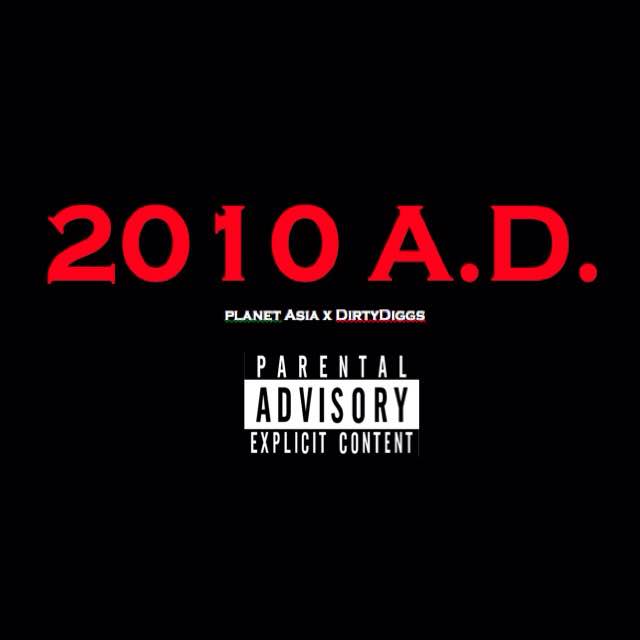
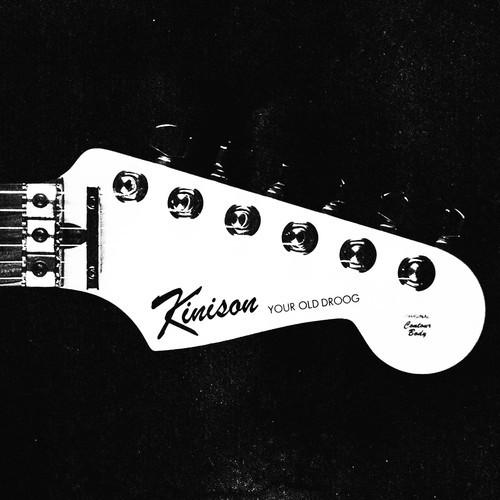
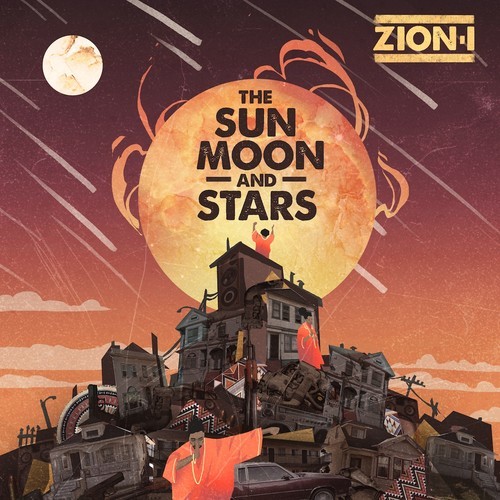

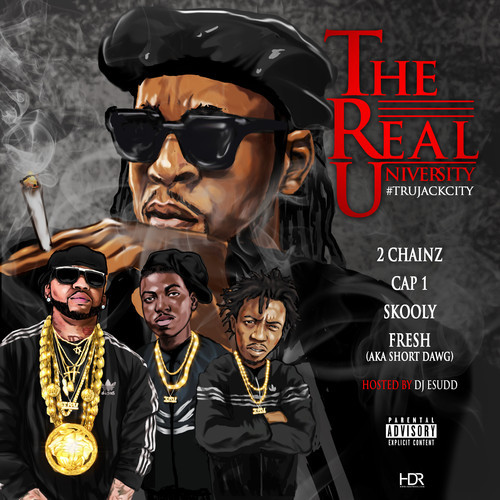
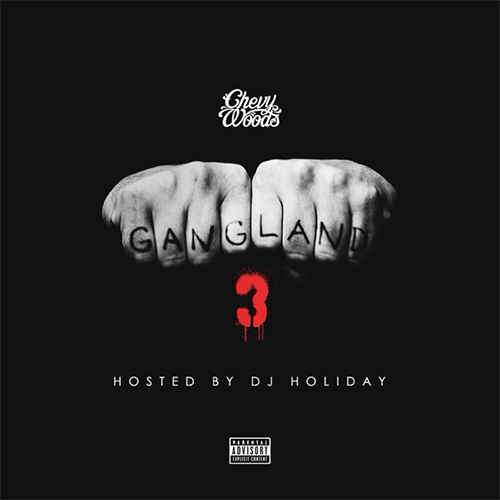
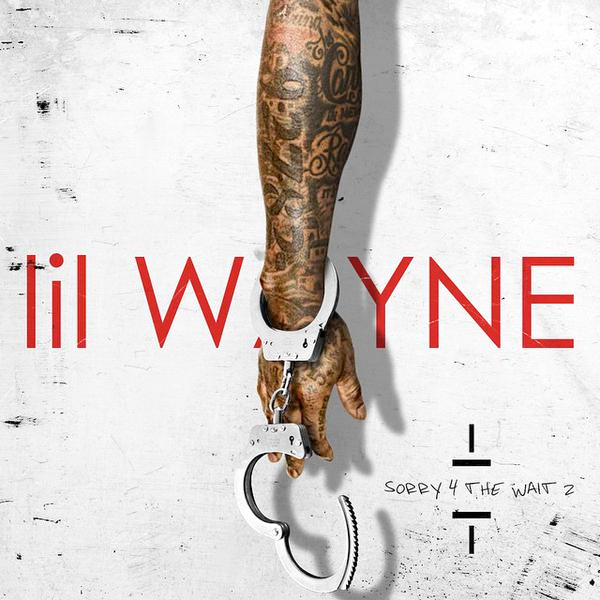
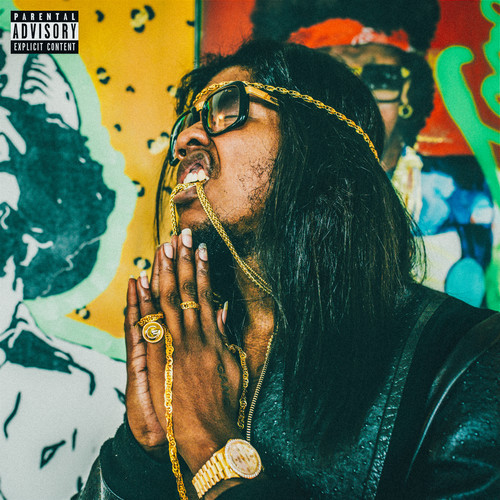





3 April, 2007@12:00 am
0 comments